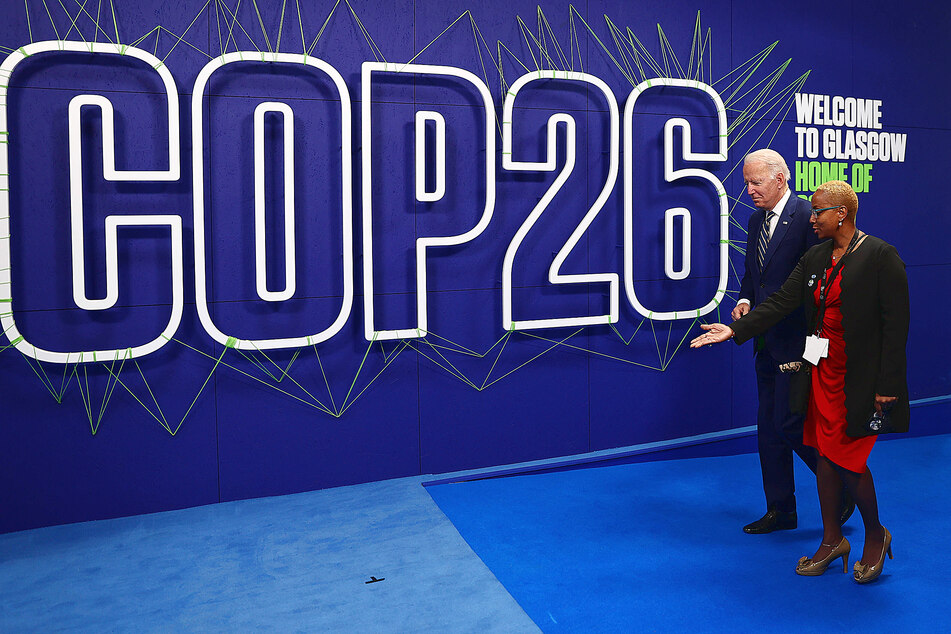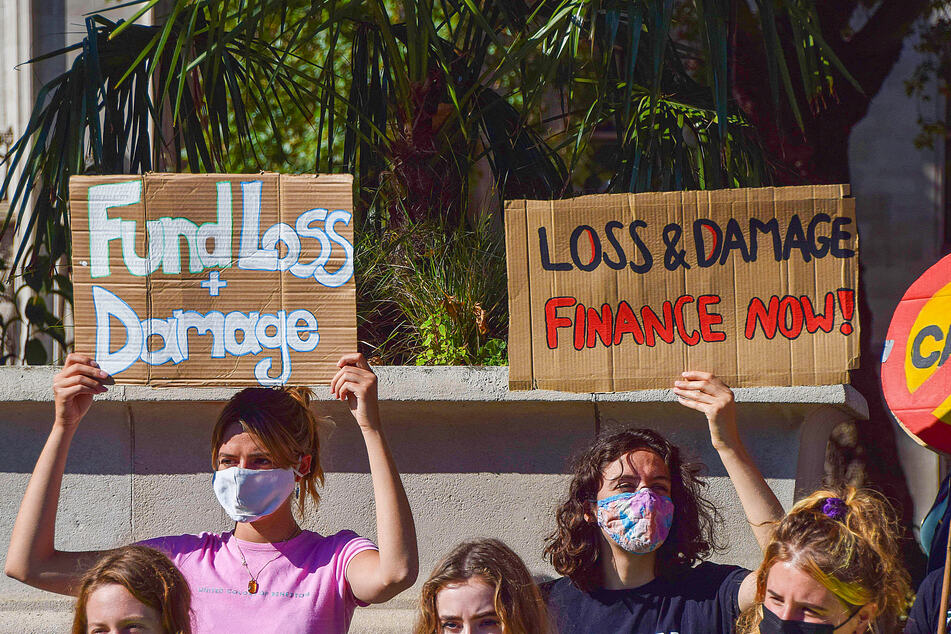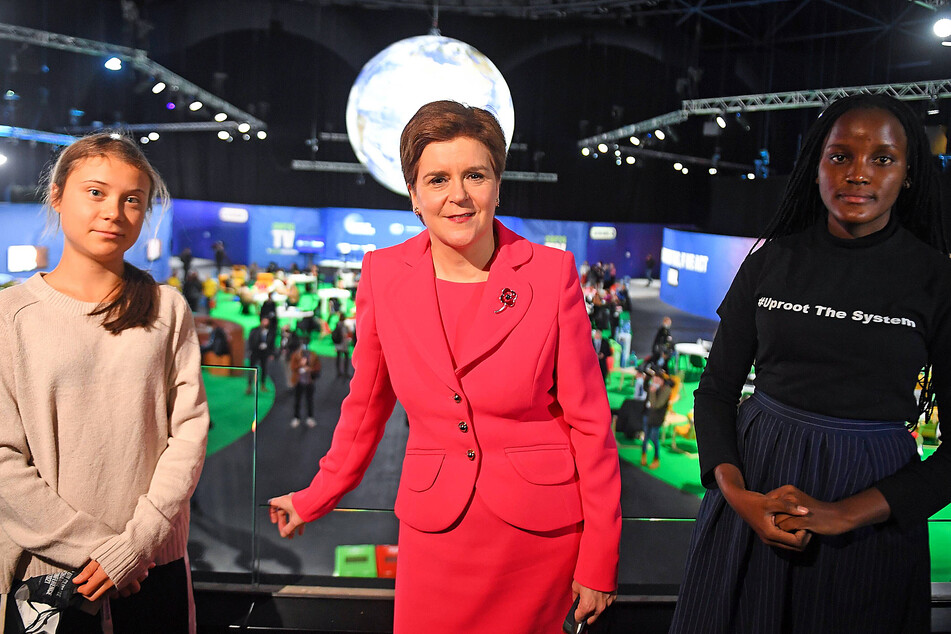COP26: What to expect from the climate conference billed as our last chance
Glasgow, UK - After a year's delay due to the pandemic, the much-anticipated 26th annual Conference of the Parties is officially off in Glasgow, Scotland. The world's most important climate summit is also being billed as our last chance to address humanity's biggest chance, so who's all there and what can we expect from the next two weeks?

World leaders are not the only people attending COP26, and are joined by other political representatives from each country. President Joe Biden has climate envoy John Kerry by his side, as well as domestic climate advisor Gina McCarthy.
Apart from heads of state and their entourage, there are two other major groups of participants at the climate summit in Glasgow. Members of the media and press are at the conference in force, and so are members of over 2000 observer groups.
There are 197 parties from different countries and territories who will negotiate with each other during the COP26 summit. They will discuss just about every aspect of climate change you can think of.
The conference's official website explains that this year's climate summit is really a three-for-one deal: negotiations will include following up on the commitments made in the Paris Agreement, as well as the Kyoto Protocol signed in 1997. These were two of the most consequential deals made over the past decades, setting concrete climate goals and emissions targets for industrialized countries.
That means COP26 is three interconnected climate events in one, which makes the two-week timeline for almost 200 participants to reach a consensus seem desperately short.
Key issues to look out for

This year, the negotiations will zero in on agreeing on a Paris Rulebook, which would take the non-binding guidelines and pledges and turn them into more clear rules for different groups of countries.
Another major point that will be a big part of COP26 events and side events is Loss and Damages. Hundreds of organizations submitted a letter to the conference and world leaders, demanding a commitment to fund communities and countries who are already suffering the most due to climate change.
The organizations say that fossil fuel companies and the richest countries with the highest emissions per person should foot the bill. They are basing the request on Article 8 of the Paris Agreement, which committed the signatories to "address[ing] the loss and damage" from the worsening effects of climate change.
Another big point to keep an eye on are any concrete plans and timelines for cutting the use of fossil fuels, and any updated goals from world leaders on climate action goals.
Right now, current goals for stopping climate change fall extremely short.
Talk or walk?

In 2019, COP25 in Madrid didn't actually get much done. After talks and negotiations, the two real successes were minor.
One was a new Gender Action Plan, which aims to work against climate change's harsher effects on women, and to get women more representation at climate talks.
The other was a work plan for the Local Communities and Indigenous Peoples Platform, which aims to give the issues faced by those communities more visibility.
That means there is a low bar for improvement from the last conference, but a high bar overall, because this year is the last chance for serious and swift action against climate change.
A successful COP26 would see a change from blah blah blah to action. That means concrete steps for getting money to the communities displaced or damaged by climate change, as well as a roadmap for cutting fossil fuel use.
Adding a fund for the hardest-hit victims of climate change would be one of many agreements that would count towards a successful COP26.
Cover photo: IMAGO / ZUMA Press